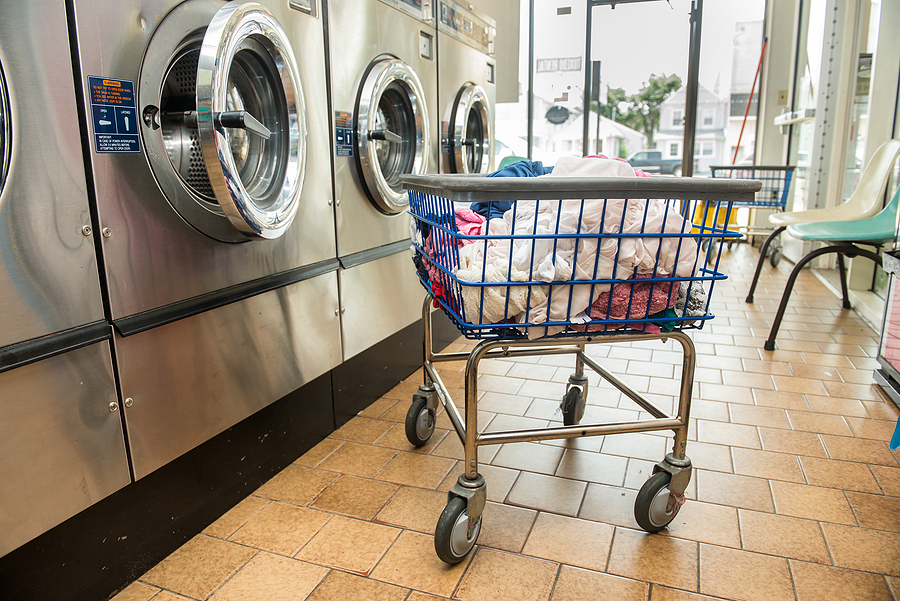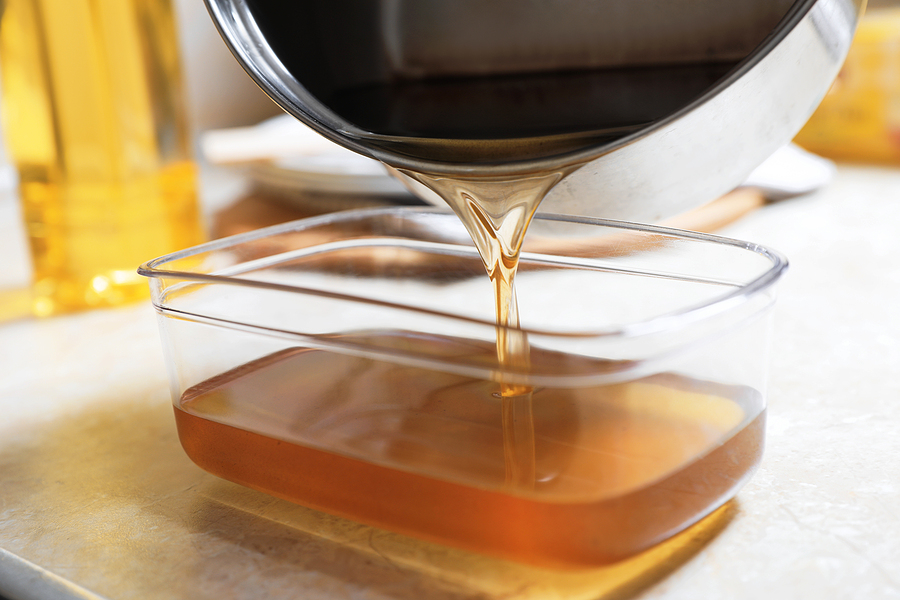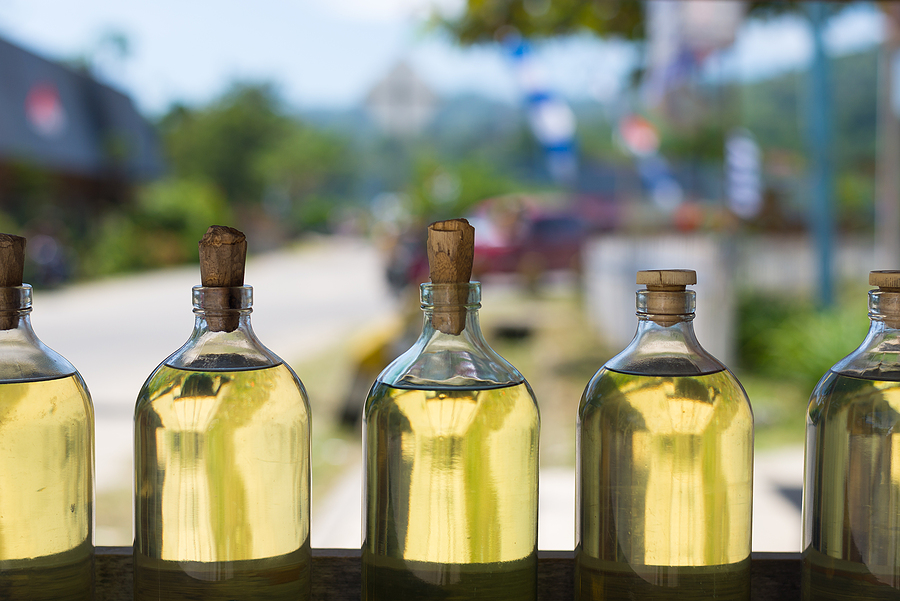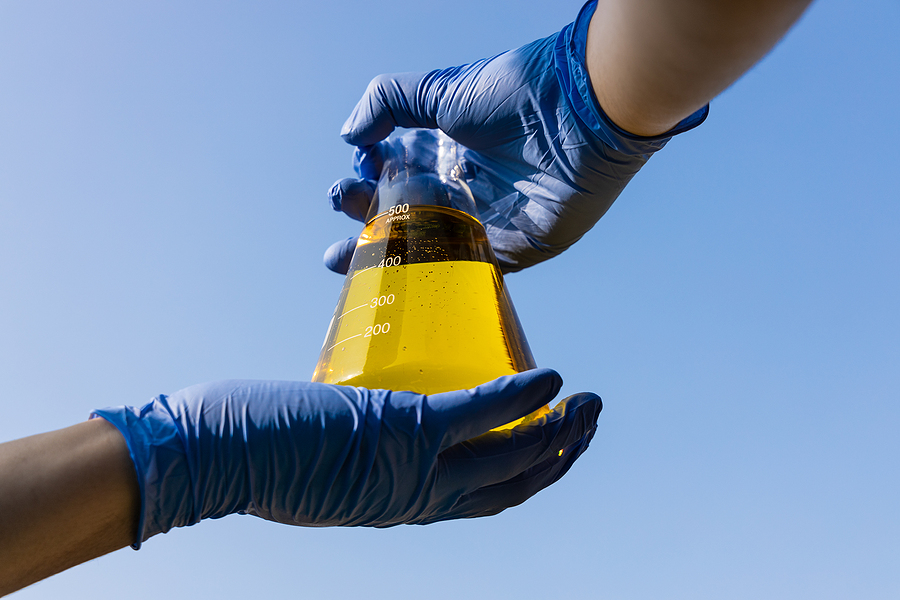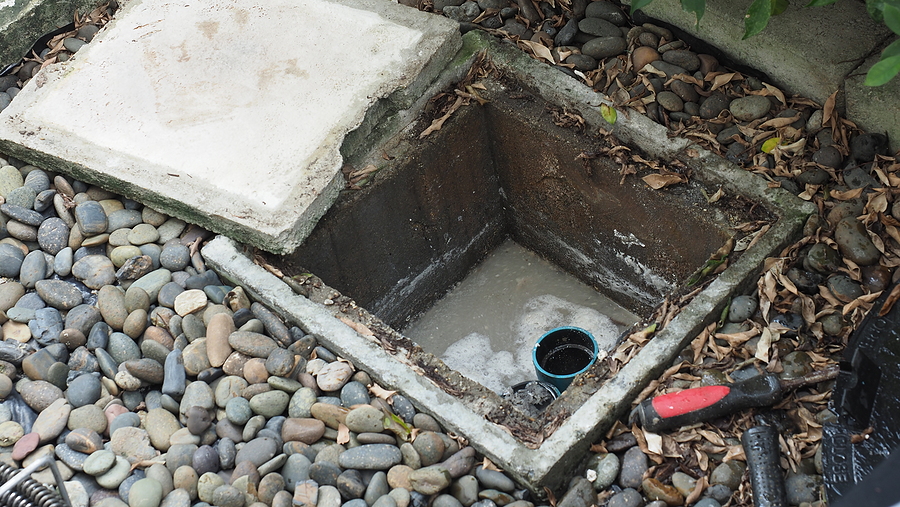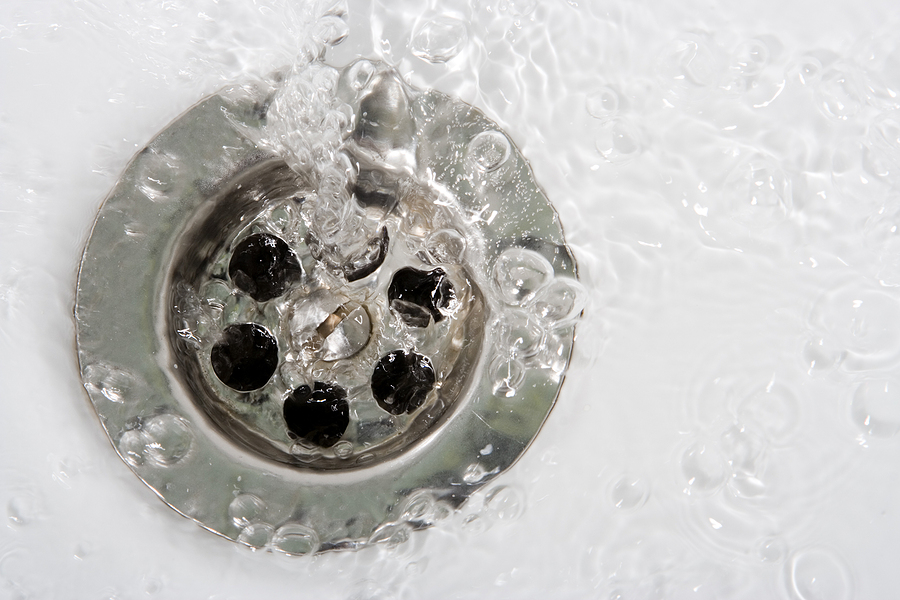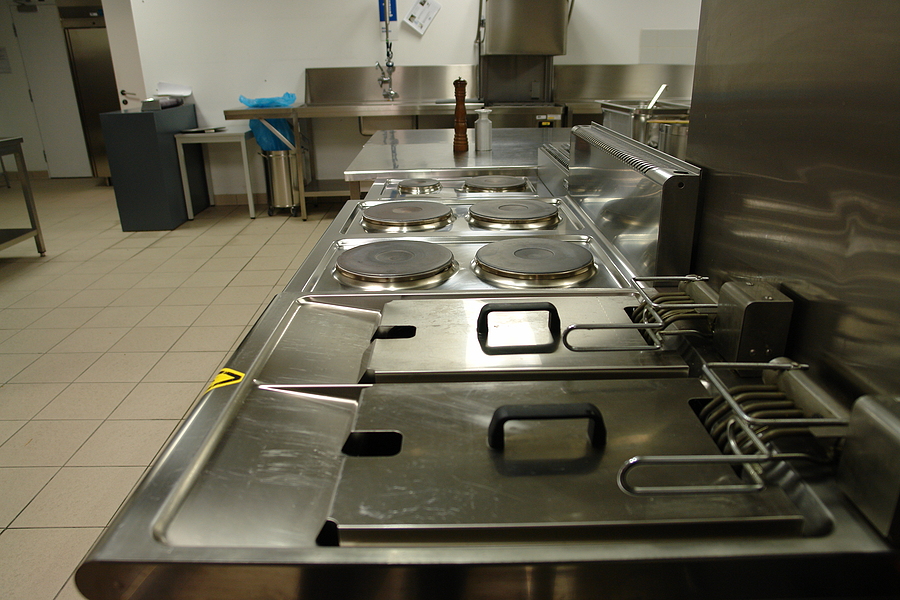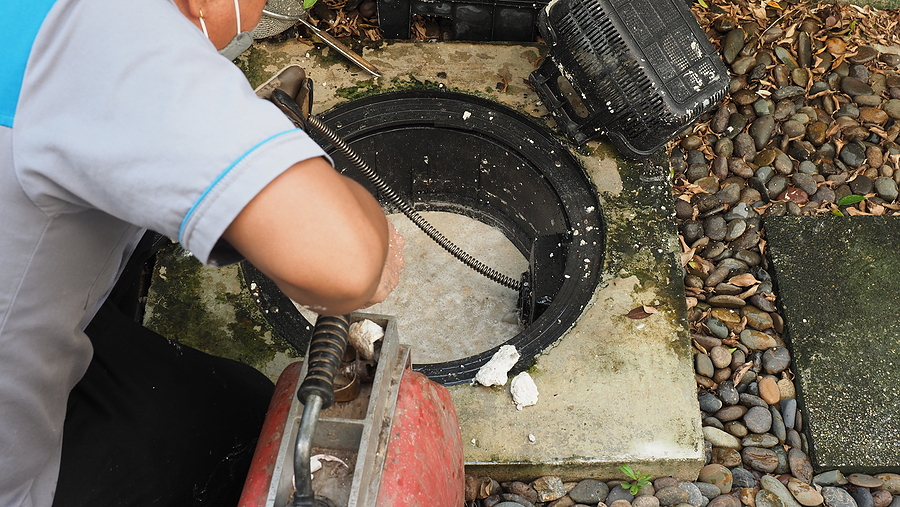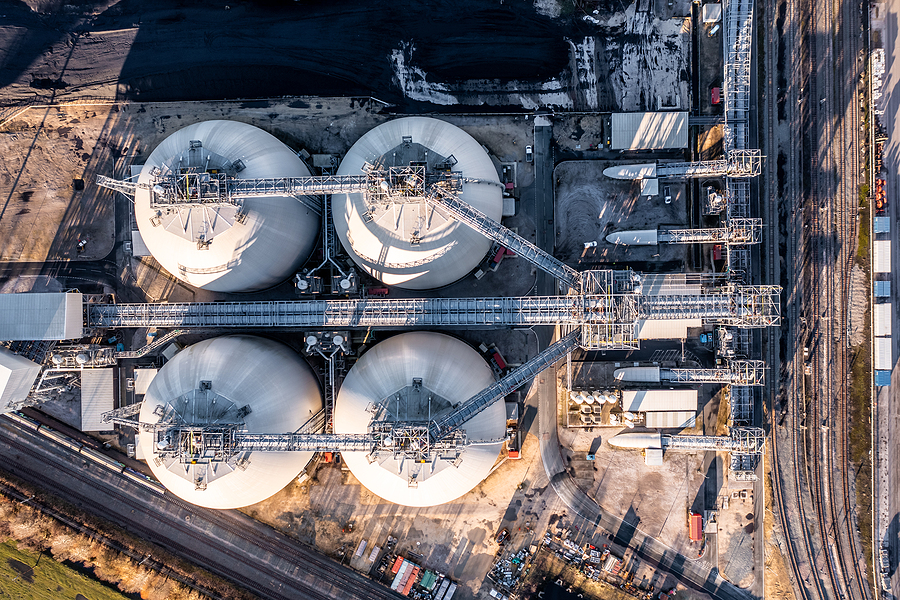Proper drain function is essential for commercial laundry operations, but drain care often takes a backseat, becoming less of a priority to the more visual aspects of laundry facility management – that is until there’s a problem. Prioritizing drain care can help keep laundry facility operations running smoothly and efficiently, and reduce the cost of repairs for the long term. Northwest Biofuel takes a closer look at the importance of drain care, and what this means for laundry facility owners. The Critical Role of Drains in Laundry Operations Even...
How the Pacific Northwest’s Push for Green Energy is Boosting Green Energy Efforts and Cooking Oil Recycling
The Pacific Northwest has long been seen as being a leader in environmental consciousness and sustainable practices in the United States. Today, the region is experiencing an incredible movement toward green energy initiatives, with new innovative approaches that include everything from traditional renewable sources to creative solutions, like cooking oil recycling. Come along with us as we explore how the Pacific Northwest and Northwest Biofuel are transforming America’s energy landscape and setting new standards for sustainability. Current State of Green Energy in the Pacific Northwest Let’s begin by looking...
How to Properly Store Used Cooking Oil for Recycling Pickup
The proper storage of used cooking oil for recycling is a challenge for food service businesses. Recycling used cooking oil is one of the most important, effective steps businesses can take for the environment and a more sustainable future. Used cooking oil collection services are available to pick up the oil directly from food service businesses, which eliminates the hassle of transporting to a recycling facility. But, the question remains of how to properly and safely store the used cooking oil between pickups. Why Properly Storing Used Cooking Oil...
Comparing Biofuels vs Fossil Fuels: Exploring Key Differences in Sustainability
As a society, there’s a noticeable shift towards a more sustainable future. On a global level, we’re seeing this shift in the energy sector, with renewable and sustainable energy sources becoming a focal point for the future. Climate change, energy security, and environmental degradation are all issues that are fueling the debate between biofuels and fossil fuels as the best, most efficient sources of energy. Here, NW Biofuel is diving into the differences between biofuels and fossil fuels, exploring their impact on the environment, cost, efficiency, and whether they’re scalable...
Top 5 Signs Your Business Needs a New Grease Trap
As a food service business owner or manager, you know firsthand the importance of maintaining an efficient, operational kitchen. One critical component of this is the unassuming grease trap and the vital role it plays in maintaining a safe, healthy environment for both staff members and guests. Over time, grease traps can become less effective, which leads to a range of problems that affect your bottom line and put your business at risk. So, how do you know when it’s time to replace or upgrade your commercial kitchen grease trap? ...
Preventing Drain Blockages in Hotel Kitchens: The Importance of Hydro Jetting
Hotel kitchens are the center of the guest culinary experience and play an important role in overall guest satisfaction rates for hotels. Hotel kitchens produce a high volume of food preparation, which also means a high volume of waste. When this leads to clogged drains it can cause kitchen downtime, as well as health and safety hazards. Hydro jetting is a game-changing solution for hotel kitchens in preventing drain blockages. Here, Northwest Biofuel dives into the importance of hydro jetting and why it should be integrated into regular kitchen maintenance...
Why Food Trucks Need Cooking Oil Collection Services
The food truck industry is huge and is growing at an impressive rate year after year. Foodies love food trucks and the diverse cuisines they offer for casual customers and those on the go. While food trucks operate on a much smaller scale than traditional commercial kitchens, they are held to the same standards of cleanliness, hygiene, and environmental responsibility. One important aspect of this is cooking oil disposal. Cooking oil collection is a necessity that is critical for maintaining smooth operations, compliance, and profitability in the food truck...
Understanding the Legal & Financial Risks of Improper Grease Disposal
Improper grease disposal is a significant concern for establishments in the food service industry that use cooking oils in their day-to-day operations. Cooking grease, when not properly disposed of, can cause serious issues, leading to financial and legal problems later down the road. Understanding the legal and financial risks of improper grease disposal is important for restaurants and food service businesses of all sizes. Why Improper Disposal of Grease Is a Problem Most food service operations that cook or prepare foods on-site use some type of cooking oil. Vegetable-based oils,...
How Grease Trap Cleaning Reduces Water Pollution
For businesses in the food service industry, grease traps are essential for collecting waste such as used cooking fats, oils, and grease. In other words, all of the gunk produced in food preparation would otherwise cause many different problems if it weren’t collected and managed properly. When grease traps are not properly cleaned and maintained, they create a situation where these fatty substances can find their way into our water systems. This can cause environmental harm, including water pollution. Properly maintained grease traps are essential to prevent pollution and environmental...
The Lifecycle of a Biofuel: From Feedstock to Final Product
Biofuel is a renewable energy source that is derived from organic materials, more specifically feedstock. Through the biofuel life cycle, the feedstock is transformed into renewable energy capable of powering everything from personal vehicles to large industrial machinery. Biofuel is important in today’s climate when every step to reduce carbon footprints, reduce greenhouse gas emissions, and lower fossil fuel dependence are prioritized. Understanding the biofuel life cycle can help all of us better realize the role of biofuel in reducing carbon emissions and promoting a healthier environment. What Is the...



